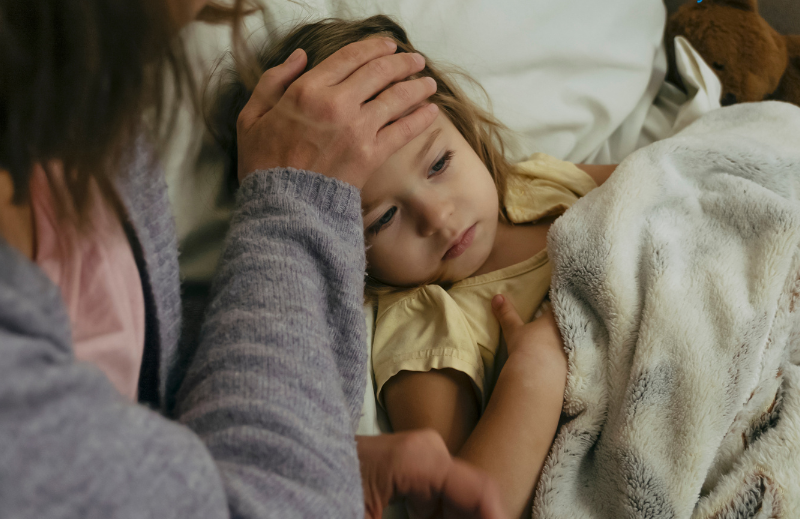Tag: vaccines
-

Protecting Our Community from Measles: It Starts Here
At Maryland Primary Care Physicians, we believe that caring for our patients means caring for the communities they belong to. When one person stays healthy, we all benefit, and when someone is at risk, it’s our responsibility to help protect them. The Maryland Department of Health has confirmed multiple cases of measles in Maryland. While…


